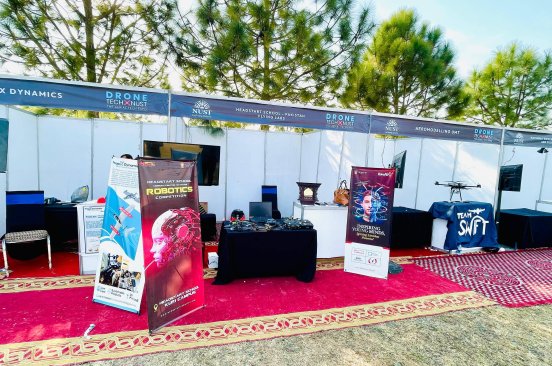
In Zimbabwe, A New STEM Education Program Gives Wings to Young Learners
The youth camp aimed to create drone awareness for young learners and introduce drones, drone safety, and drone use case applications in our world today.
February 9th, 2021
As the world adopts technologies like drones, robotics, artificial intelligence (AI), and machine learning into everyday life, there's an urgent need to create authentic STEM education opportunities for young learners to engage, learn, and lead in these spaces.
In December 2020, Zimbabwe Flying Labs, in partnership with Precision Aerial, a local commercial drone company, embarked on its first Youth Program on Drones in STEAM (science, technology, engineering, arts, and mathematics) Education, a camp designed to give high-level exposure to young learners in a fun, engaging, and memorable way.
The youth camp aimed to create drone awareness for young learners and introduce drones, drone safety, and drone use case applications in our world today. The two-day camp was hosted at an indoor sports facility and was attended by young learners from various local schools who participated in different training sessions. Each session was two hours long, with two sessions on each day. The camp’s target age group was 7-10-year-olds, and the program included theoretical and practical training with interactive games fused in to keep the children engaged.
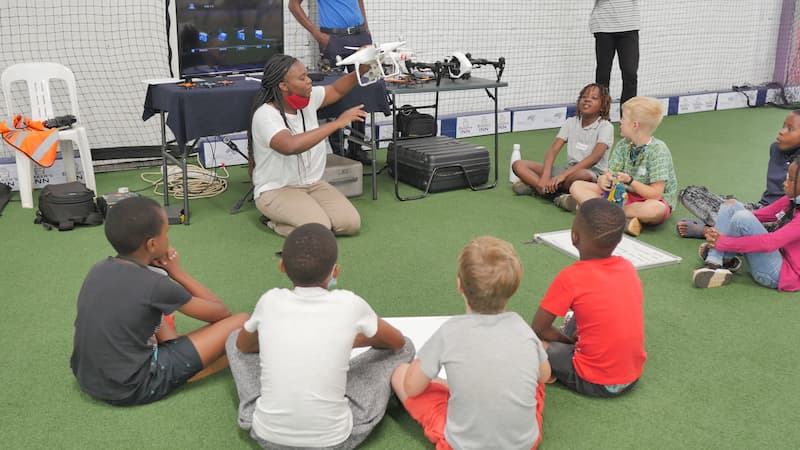 Zimbabwe Flying Labs instructor taking children through theory training on drone flight operations
Zimbabwe Flying Labs instructor taking children through theory training on drone flight operations
Diversity and gender equality were vital in this youth camp planning, so it was vital that young girls were invited to participate in the camp, and there were young learners from different backgrounds. Women instructors also conducted part of the drone camp training from the Zimbabwe Flying Labs team. This was a good representation of what work environments should look like in line with promoting Sustainable Development Goals (4 and 5) of Gender Equality and Quality Education.
At the camp, the primary instructor was the Zimbabwe Flying Labs coordinator, a certified and licensed drone pilot with extensive professional experience in the commercial drone industry.
The training was delivered using visual and interactive training methods, including a well-crafted presentation, writing materials, safety gear, a drone display with professional and industrial drones, FPV racing drones, and educational mini drones.
During the camp, the participants were trained on basic drone parts & setup, drone operations, and different drone use cases in a global context. They also completed exercises on drone safety and basic pre-flight planning.
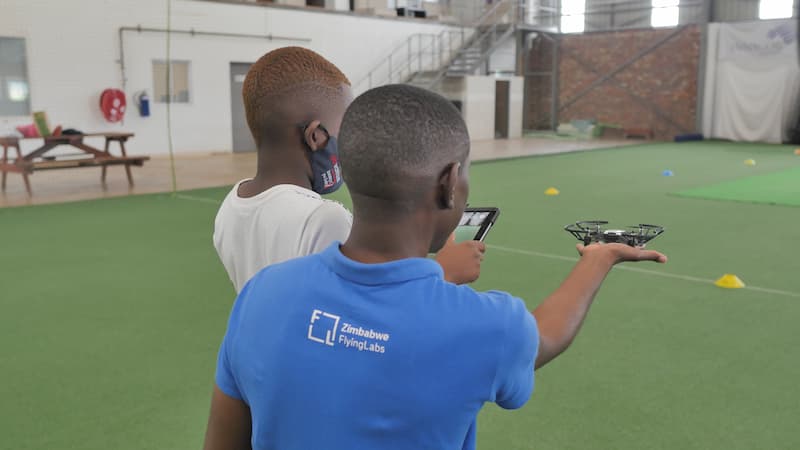 Young student flying a drone for the first time, guided by a Zimbabwe Flying Labs instructor
Young student flying a drone for the first time, guided by a Zimbabwe Flying Labs instructor
For most young learners at the camp, this was their first time flying a drone, and the practical flying exercises were conducted using Ryze Tello mini drones. Each young learner was taught how to take off & land safely and other operational maneuvers. They were allowed to operate a drone on their own inside a secure safety net.
Results:
- 19 Young learners trained
- 85% of participants flew a drone for the first time
- 21% of participants were girls
- More than 67 flights completed
- First training experience on drone technology for ALL participants who attended
Technologies like drones provide learners with practical opportunities to think differently and become innovative developers of solutions that will prepare them for their future work.
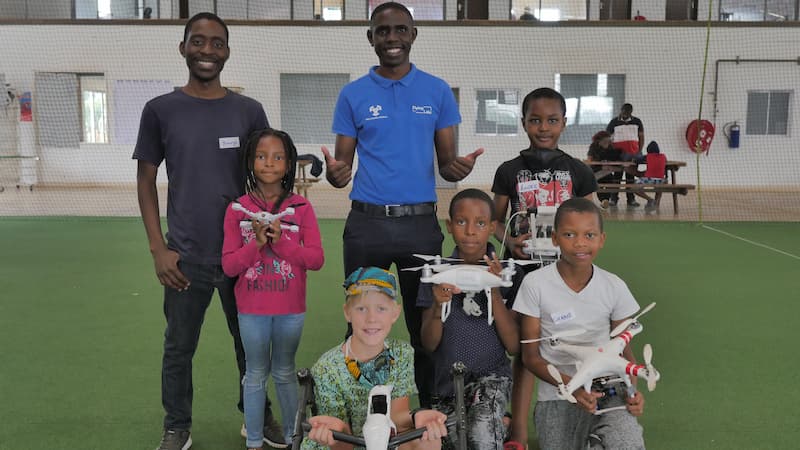
Development of course material is underway for the Drones in STEAM education program that will be integrated into existing STEM curriculum subjects, including math, science, physics, and art.
Course material will be focused on learning outcomes with career path links. It will involve teaching young learners how to build a drone, code/program autonomous flight missions, and operate a drone safely, ethically, and responsibly.
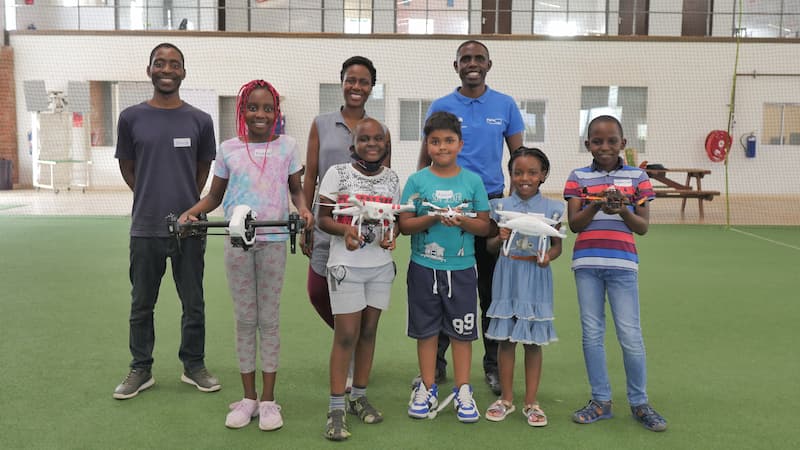
Special thanks to Precision Aerial, who provided technical assistance with flight planning, safety, practical training and helped develop the STEM education program used in the camp.
Category(s)
Recent Articles
View All »
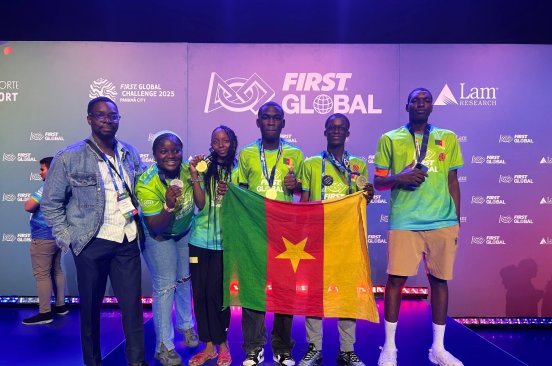
Team Cameroon's Road to Victory at the First Global Robotics Competition 2025
